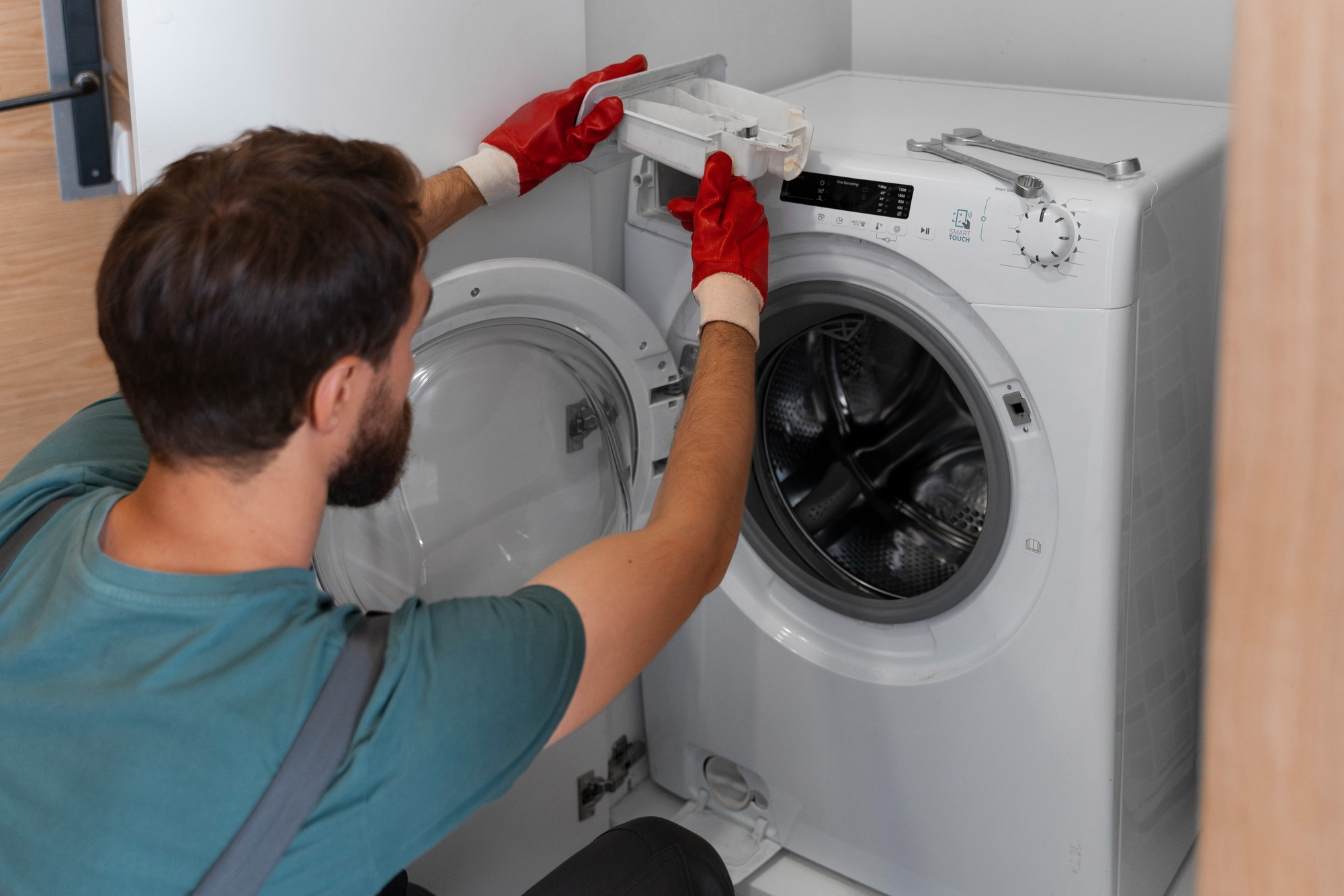Are you aware that changes have been made to a number of our common home appliances?
Right to repair regulations have applied to products bought from 1st July 2021, but the important element to highlight is the two year grace period that was afforded to manufacturers to make spare parts available has now expired.
This should result in a positive impact on repair costs in the future.
Checkatrade in their appliance repair cost guide put the average appliance repair bill can be from £95-200, and with a cost of living crisis creating increasing pressure on household incomes, this should be welcome news for all.
For a long time, many of us have complained that our appliances such as fridges, washing machines don’t last long enough.
Consumers have faced a lack of repair choices as a result of difficulties finding parts,that to a large extent has led to an increased behaviour of when an appliance has a defect, consumers deciding to replace the item rather than repairing it.
The lack of options to repair has also contributed to higher repair costs.
This situation led to the EU back in July 2021, creating the ‘right to repair’ legislation, that the UK also ratified.
The key points of ‘right to repair’?
Manufacturers will now have to make spare parts available for certain types of appliances for between seven to ten years from the point they’re discontinued.
They will also have to commit to making available software and security updates for at least five years once a product is removed from the market, as there is a growing threat that software also limits product repairability and longevity.
Repairs also need to be possible using everyday tools.
On some parts where it is deemed a repair would require a professional, those will only be available to the trade.
There is also an obligation to make maintenance and repair information available in the manuals, including instructions for repairs that can be easily carried out by the consumer.
All other parts will be available to everyone, so you can fix it yourself.
What appliances are covered by the rules?
- Dishwashers
- Washing machines and washer-dryers
- Refrigeration appliances
Note: There are also factors including the cost and the accessibility of spare parts to which parts are made available
What it doesn’t cover?
Cookers, hobs, tumble dryers, microwaves or tech such as laptops or smartphones aren’t covered.
Why was it needed?
The right to repair regulation is an important step towards implementing a circular economy, in the UK and Europe, with similar initiatives happening across the world.
The circular economy is a system where materials never become waste and nature is regenerated. In a circular economy, products and materials are kept in circulation through processes like maintenance, reuse, refurbishment, remanufacture, recycling, and composting. The circular economy tackles climate change and other global challenges.
The UK generates around 1.5 million tonnes of electrical waste every year, with a total of 53 million created worldwide.
It is hoped that prolonging the life of certain household appliances and delaying the need to buy expensive replacements will prevent unnecessary electrical waste.
New rights to spare parts and maintenance information should enable consumers to repair appliances when they break down and so continue using them even when their statutory rights to have them repaired or replaced under the Consumer Rights Act 2015 have expired.
Plans to tighten product standards will ensure more of our electrical goods can be fixed rather than thrown on the scrap heap, putting more money back in the pockets of consumers whilst protecting the environment.
The aim of the new rules is to extend the lifespan of products by up to 10 years, and officials estimate that higher energy efficiency standards will save consumers an average of £75 a year on bills over their lifetimes.
Going forward, the government’s upcoming energy efficiency framework will push electrical products to use even less energy and material resources, saving people money on their bills and reducing carbon emissions to reach net zero by 2050.
Future enhancements?
Our view, which is shared by many, is that the regulation needs to include more appliances and the timeframe parts are made available longer to allow for appliances to achieve their full lifespan.
Know your consumer rights
New rights to spare parts and maintenance information should enable consumers to repair appliances when they break down and so continue using them even when their statutory rights to have them repaired or replaced under the Consumer Rights Act 2015 have expired.
Under the Consumer Rights Act, you can:
- Receive a refund in the first 30 days after purchase if goods are not of “satisfactory quality, as described or fit for purpose”.
- Get your money back up to six months after the shop has had the chance to fix or replace the item if it’s still not right.
- Return a faulty item for up to six years after you bought it, provided it was “reasonable” to expect it to last longer than it did – but there are no hard and fast rules on the length of time that should apply.
You can get help and more information on your consumer rights by contacting Citizens Advice
